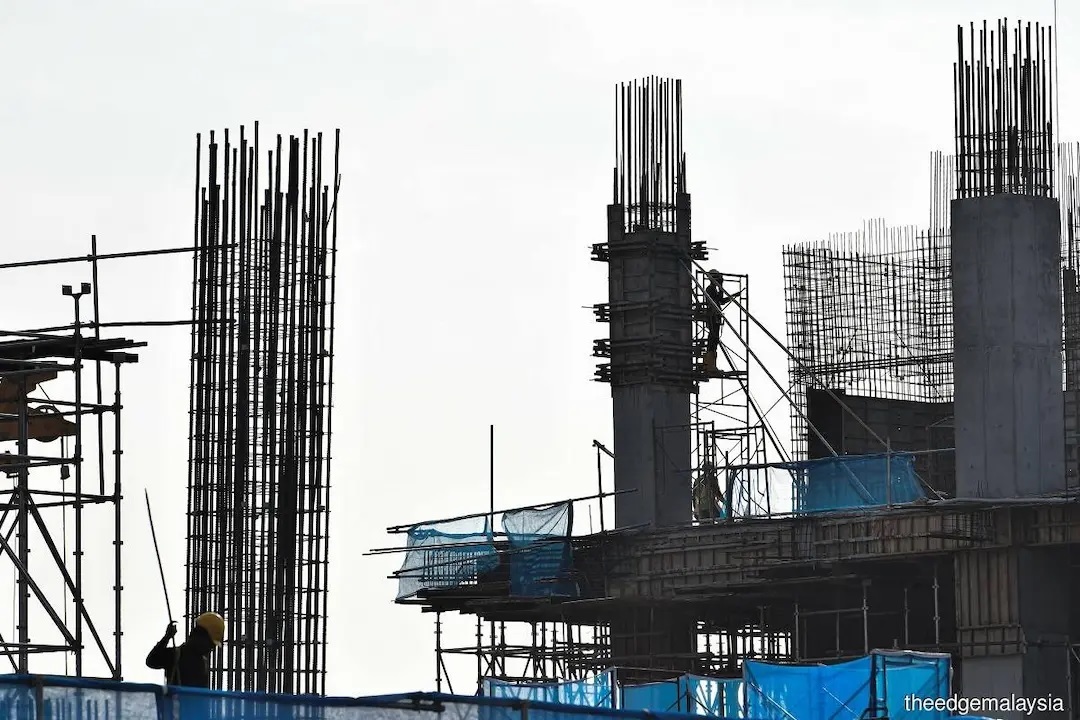
- Some of these mechanisms will limit the emissions of each steel manufacturer, after which the permits can be traded among themselves, creating a price for carbon.
KUALA LUMPUR (Sept 30): The government is exploring the establishment of a fund for the steel sector using proceeds of carbon tax on steel players to invest in green transition projects, according to the Steel Industry Roadmap 2035.
This ‘carbon competitiveness fund’ is to help local players in “adopting low-carbon technologies, expanding into new markets, and enhancing export capabilities”, it said.
The government intends to implement a carbon tax mechanism as a “direct carbon tax on emissions” as early as 2026, the report said.
By 2027, it will explore other carbon mechanisms such as cap-and-trade or emissions trading systems or cap-and-tax, the report said. Some of these mechanisms will limit the emissions of each steel manufacturer, after which the permits can be traded among themselves, creating a price for carbon.
The iron and steel industry accounts for around 5% of Malaysia’s total greenhouse gas emissions, or more than a quarter of industrial sector emissions.
Emissions by Malaysia’s iron and steel industry have risen amid the expansion of oxygen furnace operations, which use iron ore and produce the highest emission intensity, compared with furnaces like electric arc or induction.
Policies to discourage carbon emissions are being explored in the country amid global implementations which would leave products with a high carbon footprint uncompetitive.
This is as demand for green steel is projected to grow 2.5 times from current levels over the next five years and “potentially reaching more than 40% of total steel purchases by 2030”, the report said.
Mandatory emissions reporting
The steel roadmap is also anticipating mandatory emissions reporting in the future, as well as “low carbon and green steel standards aligned with international norms and guidelines”.
Environmental product declaration, which requires third-party verification to prove the goods meet the emissions requirement, will be made mandatory for local steel, as well as steel imports “to allow comparability with local products”, the report said.
Another challenge is in the feedstock—scrap is used in secondary steelmaking like electric arc (up to 100% scrap) or induction (100%), and the domestic supply of ferrous scrap has remained short of consumption.
“Looking ahead, securing long-term scrap supply chains will be critical as global demand for scrap rises with the transition to low-carbon steelmaking,” the report said.
As Penang girds itself towards the last lap of its Penang2030 vision, check out how the residential segment is keeping pace in EdgeProp’s special report: PENANG Investing Towards 2030.






